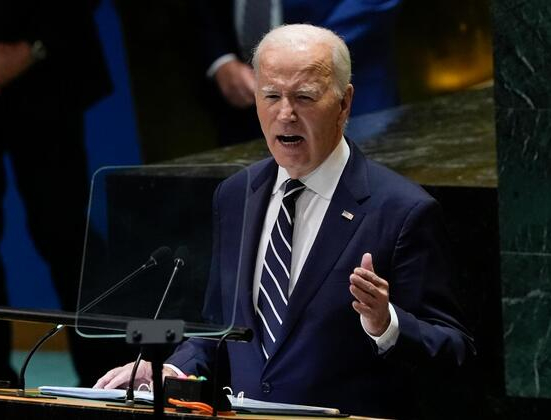Afghanistan's Taliban leaders have extended an invitation to Japan to invest in the nation's largely untapped mineral and metal resources, leveraging a surge in Chinese investment in the country. With a dire economic outlook, sanctions, and high unemployment, the Taliban is banking on these investments to alleviate poverty and boost economic prospects.
In an interview with Nikkei Asia, Taliban spokesman Suhail Shaheen emphasized the vast potential of natural resources valued at trillions of dollars lying untapped underground. He welcomed Japanese investment across various sectors, highlighting the potential for cooperation between the two countries. Stressing the investor-friendly laws in place, Suhail urged an expedited engagement between Afghanistan and Japan.
Japan's Ministry of Foreign Affairs refrained from commenting, while a source from Japan's embassy in Afghanistan expressed the need for stability to attract Japanese private sector investments, especially in the "rich minerals" sector. The source noted that the security situation in Afghanistan might currently pose challenges for such investments.
Despite the Taliban's assurance of safety for Japanese investors, the embassy source remained cautious about the security situation in Afghanistan. While the number of "explosions" has decreased, determining the overall security and stability remains a complex evaluation.
According to a 2010 survey by the United States Geological Survey, Afghanistan possesses approximately $1 trillion worth of unexplored mineral deposits, a figure contested by the Afghan government, which claims they are worth three times as much. These resources include vital minerals like lithium, copper, rare-earth elements, and cobalt, essential for the shift from fossil fuels to green energy.
Taliban's spokesman, Suhail, assured that the group could ensure the safety of Japanese investors, highlighting the improved security situation following successful operations against the Islamic State-Khorasan (ISKP). However, security expert Faran Jeffery cautioned about persistent security threats from ISKP cells operating across Afghanistan and potential risks from local criminals engaging in kidnappings for ransom.
For Japan, stability in Afghanistan is deemed crucial to prevent it from reverting to a breeding ground for international terrorism. As the situation evolves, the delicate balance between economic opportunities and security considerations will influence Japan's potential engagement with Afghanistan.

















